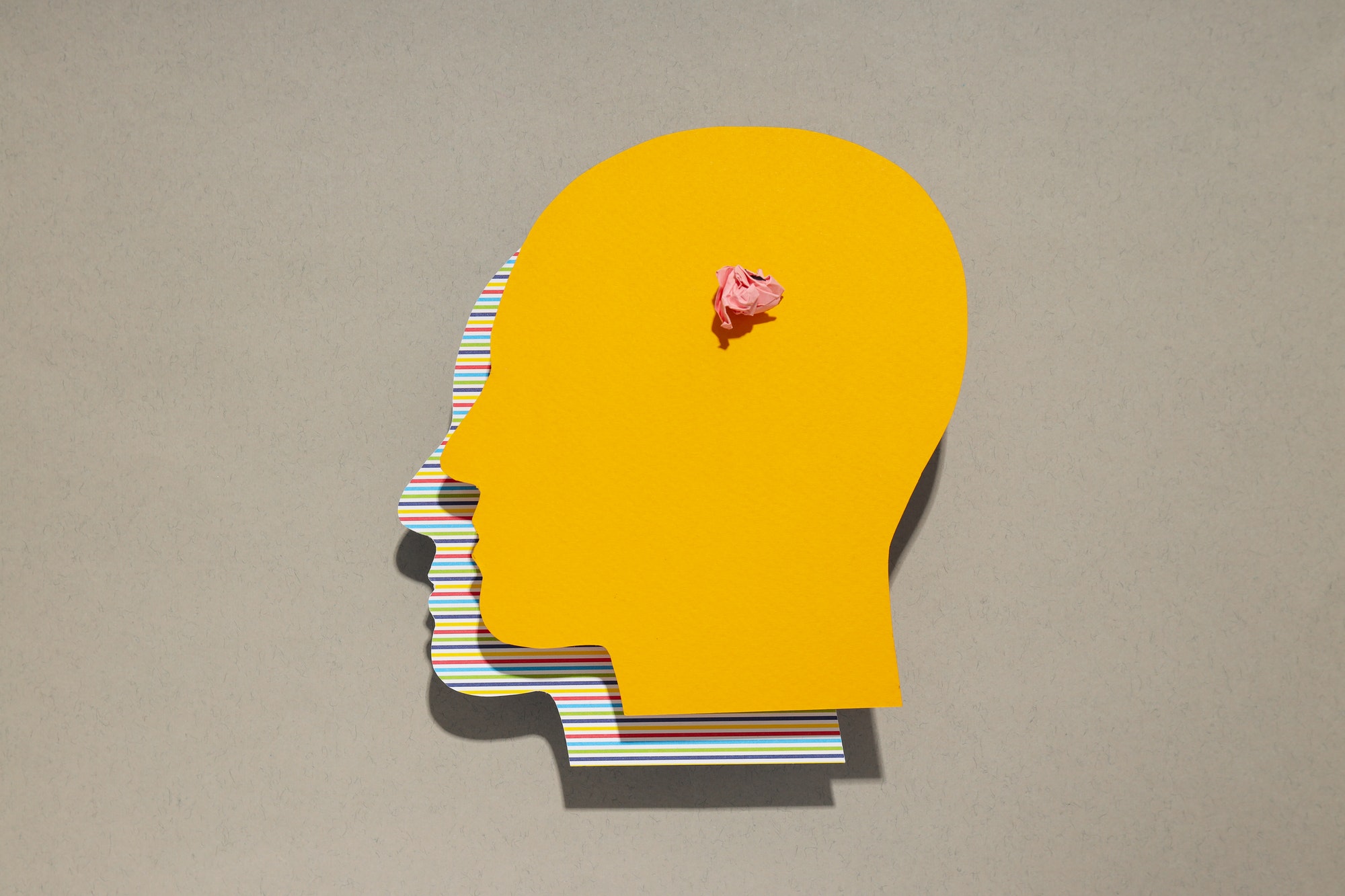The emotional regulation aspect of dialectical behaviour therapy (DBT) has been a beacon of hope for countless individuals diagnosed with borderline personality disorder (BPD). As a complex mental health condition, BPD is characterized by intense emotions, unstable relationships, impulsivity, and a distorted self-image. For those living with BPD, everyday experiences can be fraught with challenges and emotional turmoil. DBT’s emotional regulation component offers an empathetic and scientifically proven approach that empowers individuals to regain control over their emotions and ultimately, their lives.
Emotional Regulation: The Heart of DBT
Emotional regulation is a cornerstone of DBT, guiding individuals to better understand, identify, and manage their emotions in a constructive and healthy manner. This is particularly crucial for those with BPD, who often grapple with emotional instability and heightened sensitivity. These emotional difficulties can take a toll on every facet of life, from personal relationships to career success and even one’s sense of self-worth.
In DBT, emotional regulation is not about suppressing or avoiding emotions; rather, it teaches individuals to embrace and accept their emotions without judgment. The goal is to foster emotional resilience, enabling them to better cope with life’s inevitable ups and downs. By achieving a more balanced emotional state, individuals with BPD can start to break free from the painful patterns that have long held them captive.
The Life-Changing Advantages of Emotional Regulation for BPD Patients
The emotional regulation component of DBT offers a wealth of benefits for those diagnosed with BPD. Let’s delve into some of these transformative advantages:
- Heightened Self-Awareness
By promoting emotional regulation, individuals learn to recognize their emotions and the triggers that set them off. This heightened self-awareness allows them to spot patterns and work proactively to adapt their reactions in a more constructive manner.
- Strengthened Relationships
As emotional regulation skills improve, individuals with BPD often experience a significant positive shift in their interpersonal relationships. The ability to manage emotions more effectively leads to fewer and less intense conflicts, laying the foundation for healthier, more stable connections with others.
- Greater Self-Mastery
The emotional regulation component of DBT empowers individuals to exert greater control over their emotional responses, curbing impulsive behaviours and fostering a sense of personal accountability. This newfound self-mastery results in an increased capacity to make rational decisions and healthier choices in life.
- Alleviated Emotional Distress
Effective emotional regulation diminishes emotional distress for those with BPD. By embracing and validating their emotions, individuals can process them in a constructive way, reducing the chances of succumbing to emotional turmoil or engaging in self-destructive actions.
- Boosted Emotional Resilience
Emotional regulation techniques help individuals with BPD build emotional resilience, equipping them to cope more effectively with stress and challenges. As they learn to navigate difficult situations with greater ease, their overall quality of life is enhanced.
- Improved Sense of Self-Worth
Gaining control over their emotions often leads individuals with BPD to experience a renewed sense of self-worth and self-confidence. This newfound self-assurance enables them to engage more fully in their lives and passionately pursue their dreams and goals.
A Compassionate and Encouraging Approach
DBT’s emotional regulation component provides a nurturing and supportive environment for individuals with BPD to learn and grow. By emphasizing non-judgment and compassion, DBT therapists create a safe space where patients feel understood, valued, and respected. This empathetic approach facilitates the exploration of emotions and the development of skills necessary for lasting change.














